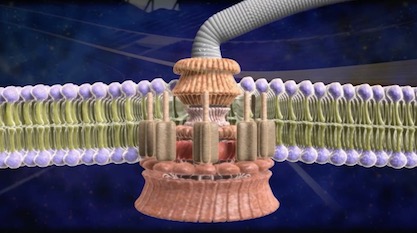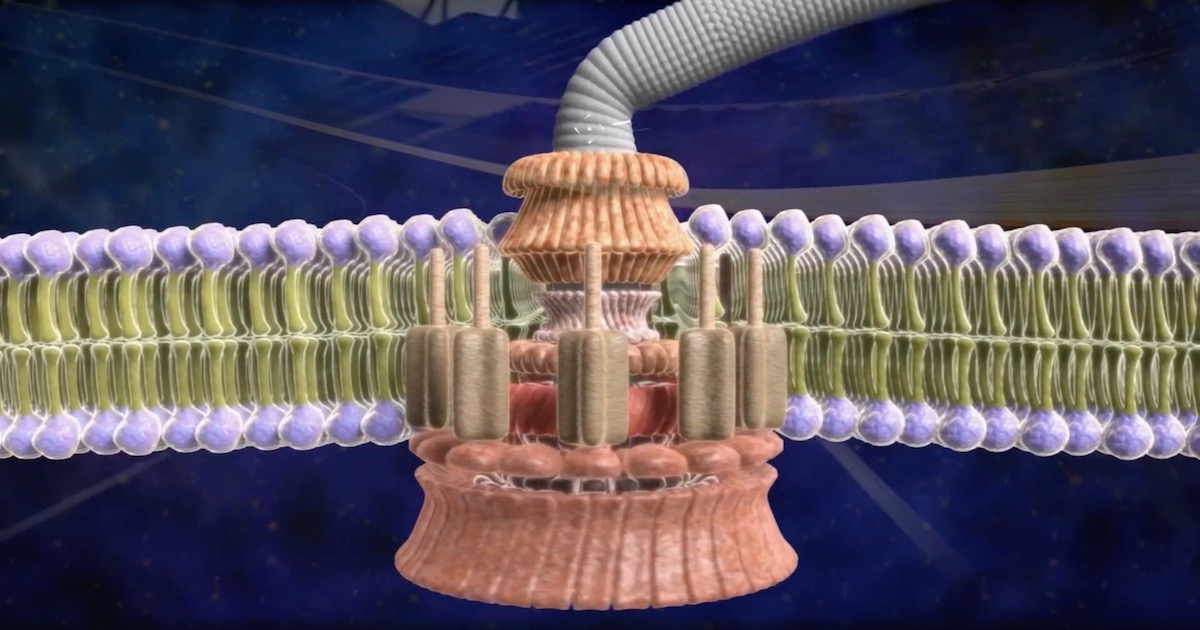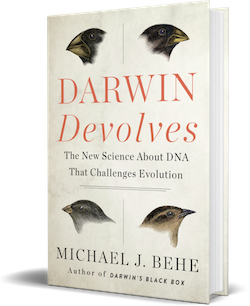 Evolution
Evolution
 Intelligent Design
Intelligent Design
With Kenneth Miller, Behe’s Would-Be Nemesis, History Repeats Itself


As noted earlier by Evolution News, biochemist Michael Behe’s would-be nemesis Kenneth Miller, the Brown University biologist, is still out there reassuring the world that unguided “evolutionary mechanisms” comfortably explain the wonders of biology, including irreducibly complex ones. Ergo, no need for intelligent design.
Countering Behe

We saw how Miller and fellow evolutionist Jerry Coyne promoted a study in PNAS that, it turned out, Cornelius Hunter had already blunted here the month before. Indeed, it’s “actually a very old and less-than-overwhelming story about the evolution of an antifreeze protein in an Atlantic codfish.” ID proponents have been talking about it for years.
So now history repeats itself. Why do I say that? Check out a classic ID the Future podcast, in which Dr. Behe talked with biologist Ray Bohlin about the 20th anniversary of Behe’s 1996 book, Darwin’s Black Box. Download the podcast or listen to it here.
Behe famously explained the irreducibly complex nature of the bacterial flagellum, among other structures in biology, placing these beyond the reach of unguided, unintelligent processes. Seeking to counter Behe, Miller hypothesized that the flagellum could have evolved from a simpler apparatus, a type of protein pump.
Again, not so fast. Miller’s proposal had already been blunted before he started promoting it. As Behe recounted to Ray Bohlin:
There was a big problem with that, even at the time, because a number of scientists thought that the simpler system actually derived from the more complex one. That is, the pump came from the flagellum because the pump is needed for the flagellum to work. And now the most accepted hypothesis, which has been reinforced in the past few years, is that the more complex flagellum degraded over time in some bacteria and gave rise to a protein pump.
If true, that would nullify Professor Miller’s objection. It also looks forward to the thesis of Professor Behe’s new book, Darwin Devolves. A useful feature might arise through degrading a previously existing one. But that would appear to leave the more complex feature unexplained by any Darwinian process.
Image source: Revolutionary: Michael Behe and the Mystery of Molecular Machines, via Discovery Institute.
